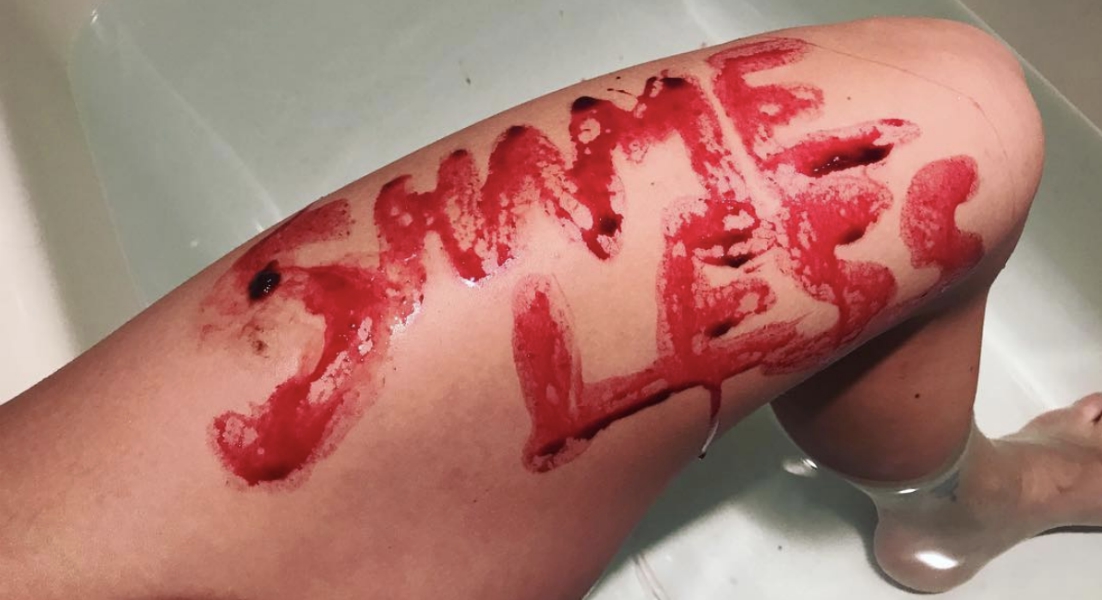Diabetes journal article retracted after author found to have copied and pasted the “sciency” images
02/17/2019 / By Amy Goodrich

As a society looking for answers to our health and environmental problems, we place a high value on the thoughts and work of scientists. When an article states the words “new study found” or “scientists revealed,” most of us just read on and accept whatever follows to be the truth.
Unfortunately, many of the academic journals fall prey to bad science and corporate liars. Instead of giving us the real facts, they twist data in favor of their wallet. Though many academic journals are held in high esteem — since they are written and reviewed by “highly educated” professors — many of them will publish anything if you slip them some money.
Welcome to the fast-growing world of science scammers that is undermining genuine scientific research. Today, it is incredibly easy to start a scientific journal, even when you know nothing about science. Predatory publishers, as they are called, are open-access online journals that look the same as the highly-valued journals with a high impact factor.
Though these dodgy magazines label themselves as academic or scientific journals, usually they just cash in the money and don’t review the articles they publish. Furthermore, people can’t tell the difference between the real ones and the fake ones because they look the same. Meaning that anyone’s ideas, whether they are based on hard facts or pseudoscience, can become part of the literature and media.
Journal flags 12th paper by diabetes researcher Dr. Saad
Mario Saad of the State University of Campinas (Universidade Estadual de Campinas, UNICAMP), in São Paolo, Brazil, is no stranger to Retraction Watch, a blog that reports on retractions of scientific papers. In 2015, the diabetes researcher sued the American Diabetes Association (ADA), for defamation after four of his papers had been flagged for duplicating several images of western blot results. He lost the lawsuit, and the four papers were retracted from the ADA’s flagship journal Diabetes in 2016.
Recently, Saad’s twelfth retraction has been issued by the ADA. In 2017, the ADA flagged a 2009 paper published in Diabetes, on which Saad is the last and corresponding author, with an expression of concern over several duplicated western blot images. After the ADA’s ethics panel contacted Saad to inform him about the inconsistencies, Saad surprisingly requested the retraction of the publication himself.
“After the journal published an expression of concern about this article, Dr. Saad independently contacted ADA to submit a retraction notice. Dr. Saad’s retraction notice was reviewed and approved for publication by ADA’s Panel on Ethical Scientific Programs (ESP),” explained Christian S. Kohler, of the ADA’s ethics committee.
When Retraction Watch reached out to Dr. Saad to obtain additional information, he acknowledged the email but declined further comments.
Saad’s “wandering western blots”
It is not the first time Saad’s western blots have shown up in multiple spots. In 2016, “The wandering western blot of Mario Saad” was spotted in 15 different places, according to For Better Science.
“A suspicion creeps in that Saad and his Brazilian colleagues José Carvalheira, Cláudio De Souza and Lício Velloso only ever made a handful of western blots which were forced to stand in for all possible instances in their many publications in high-profile journals,” For Better Science reported.
Though 12 of Saad’s papers have been retracted so far, much more might be under investigation. Nonetheless, he nor his colleagues have ever been called on the carpet by the UNICAMP, who apparently sees the recycling of data as a typical method of reporting.
According to ScienceMag.org, before whistleblower Paul S. Brookes, a well-known research integrity activist, was forced to take his website science-fraud.org down for safety reasons, he exposed many data manipulations, including some of Dr. Saad. Paul Brookes found evidence of multiple blot duplications and excessive plagiarism. In 2016, he asked PLOS Biology to retract a Saad publication (Caricilli et al., 2001) due to overwhelming evidence of data manipulation.
Learn more about fake science practices at JunkScienceWatch.com.
Sources include:
Tagged Under: deception, diabetes, fraud, Mario Saad, pseudoscience, research, retractions, science clowns, science fraud, scientific journals, Twisted



















